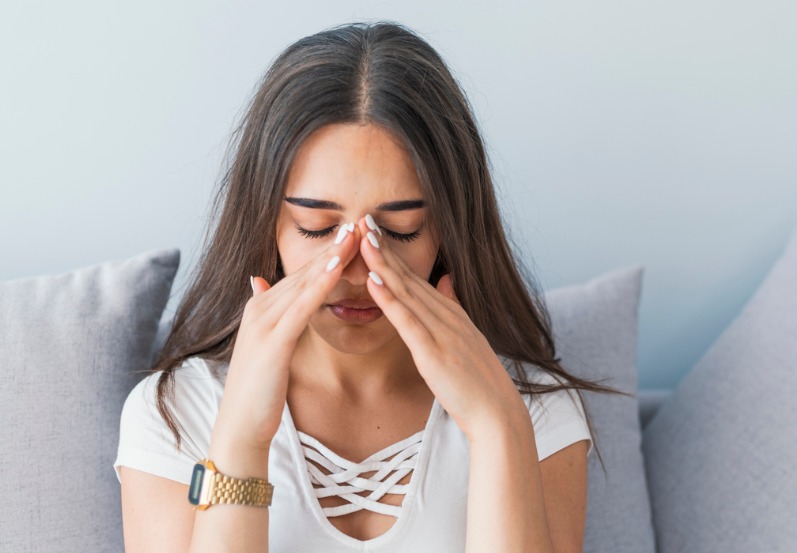Common Allergens You Didn’t Know Were In Your Home

Allergens are substances that are known to cause allergic reactions and trigger asthma symptoms in some people. What most people don’t know is that asthma and allergy management begins at home. Many people stay indoors when the pollen and mold count is high, but there are many indoor allergens that can cause even more problems. Allergens travel through the air, settling onto furniture and floors, and are eventually inhaled by people in the home.
Most Common Indoor Allergens:
• Dust mites
• Pet dander
• Molds
• Cockroaches
Unlike seasonal allergies, indoor allergies may last all year long. In addition, they may provoke or worsen asthma symptoms. Sensitivity to indoor allergens is very common and affects people of all ages.
Common Sources of Indoor Allergens:
• Pets
• Carpet
• Soft furniture or upholstery
• Curtains and blinds
• Clutter
• Air filtration and ventilation
• Fireplaces
• Washer and dryer
• Stuffed toys
• Bedding
• Damp areas (bathrooms, sinks, refrigerators)
• Indoor plants
• Pillows and bedding that can’t be washed in hot water
• Mattresses that aren’t in allergy covers
The best way to protect yourself and your family from indoor allergens is consistent house cleaning and tidying. In addition, there are several precautions you can take to prevent the accumulation of allergens in certain areas.
Ways To Avoid Indoor Allergens
• Control dust mites. Keep all surfaces clean and uncluttered. If you don’t want to get rid of any excessive fabrics, keep upholstery washed and nicely maintained. Replace drapes and curtains with shades or blinds to prevent dust buildup (wash and wipe down regularly).
• Vacuum once or twice a week. Vacuuming keeps allergens at low levels, but only if you use a high-quality vacuum. Some vacuums just blow the dust right back into the air, making it worse. Look for certified anti-allergen vacuums; they will contain a HEPA filter system that seals all particles inside.
• Prevent pet dander. There is no such thing as a hypoallergenic pet; some animals have fewer allergenic proteins in their fur/hair but, nonetheless, it can accumulate in the home over time. Wash and change your animals’ bedding and toys very often and bathe and brush your pets regularly. Avoid carpeting and soft furniture when you own pets, as these surfaces will gather significantly more allergens.
• Prevent pollen entry. Keep your windows and doors closed during high pollen days/seasons or when it is humid. It is very important to replace your central air filters regularly; these collect large amounts of particles from the air and push them back out into your home.
• Avoid mold spores. Reduce moisture around the bathroom and kitchen. Don’t run your shower for a long time before bathing, as this only increases the amount of steam that will settle into your bathroom. Use dehumidifiers to reduce moisture in certain rooms; keep a humidity monitor to keep track of moisture levels. Make sure to fix all leaks as soon as they happen.
• Control pests. Clean all food scraps from counters and floors. Take the garbage out regularly, making sure it is never overflowing in the home. It is a good idea to keep trash in a sealed insect-proof bin. These practices can help you avoid cockroaches, fruit flies, house flies, ants, and other pests that often find their way into homes.
• Allergen-proof your bedding. Encase pillows, mattresses, comforters, and box springs in allergen-proof covers. They have been shown to significantly protect against the inhalation of dust mites and other allergens. In addition, wash your bedding (and the allergen covers) at least once a week (using hot water). It is a good idea to avoid wool or featherbedding and replace it with cotton or microfibers.
With the help of an allergist/immunologist, you can learn what allergens trigger your symptoms. From there, you and your family can discuss ways to reduce the number of indoor allergens in your home. However, avoidance of allergic triggers is easier said than done. If you are unable to completely avoid a trigger, no matter how much you clean, your allergist may recommend immunotherapy.
You don’t have to deal with allergies alone. We can help! Call the NY Allergy & Asthma Experts today at (212) 517-3300 or make an appointment online.










